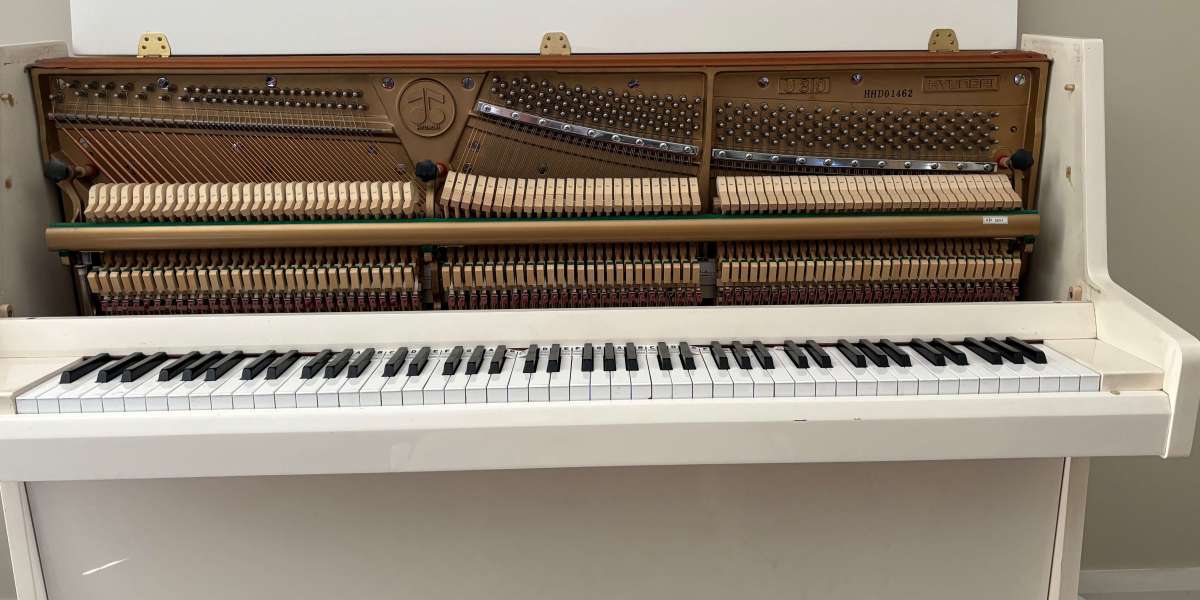The cost of piano tuning explained
Piano tuning is often perceived as an expensive service, and several factors contribute to the seemingly high price tag: As a piano tuner with years of expertise and dedication to the trade, it's not only fair but essential to value the skills and experience accumulated over time. Charging a premium piano tuning fee is not just a reflection of one's proficiency but also a mark of respect for the experiences and skills of piano tuning.
Piano tuning is both an art and a science that requires an acute ear, a delicate touch, and an in-depth understanding of the piano’s complex mechanics. As a seasoned professional piano tuner, your ability to precisely tune a piano, correct its tonal quality, and optimize its performance is a result of years of practice and refinement. This level of craftsmanship and precision warrants a premium fee that acknowledges the mastery of this specialized skill.
Becoming a proficient piano tuner involves extensive education, training, and continuous learning. From studying the nuances of acoustics and piano construction to gaining hands-on experience in tuning different types of pianos, the journey to mastering this craft demands significant investment in time and resources. Charging a premium fee is not only a recognition of the years spent honing one's skills but also an acknowledgment of the ongoing commitment to staying updated with the latest techniques and technologies in piano tuning.
Tuning a piano is a demanding process physically and mentally that demands focus and concentration. Each string must be adjusted by turning the piano tuning pin carefully to ensure accurate pitch. A piano tuner's hourly rate reflects the effort and attention to detail required for the task.
Pianos are intricate instruments with hundreds of strings and delicate internal mechanisms. Tuning such a complex instrument demands expertise and profound knowledge of the piano’s structure, contributing to the higher cost.
In addition to tuning, professional piano technicians often address other maintenance issues during a service visit. This can include fixing sticking keys, regulating the action, or addressing other issues that affect the pianos state of health. The cost of these additional piano repair or maintainance related time may also be factored into the overall price of piano tuning.
Established piano tuners prioritize quality, using special techniques developed over years to achieve the best results. This dedication to excellence and uncompromising standards understandably comes at a higher cost.
While the cost of tuning a piano may seem high, it reflects the skill, time, and expertise required to fine-tune and maintain your beloved pianos, ensuring they continue to produce beautiful music for years to come.



